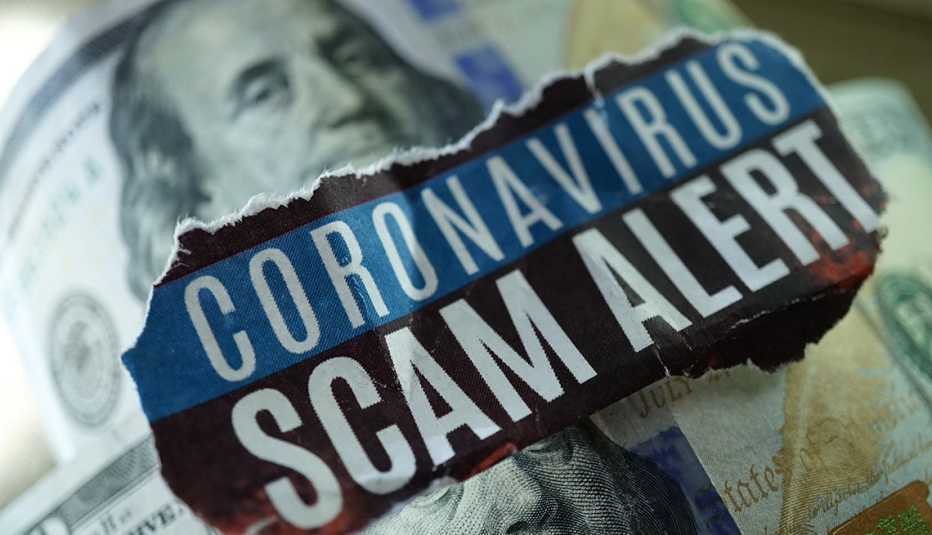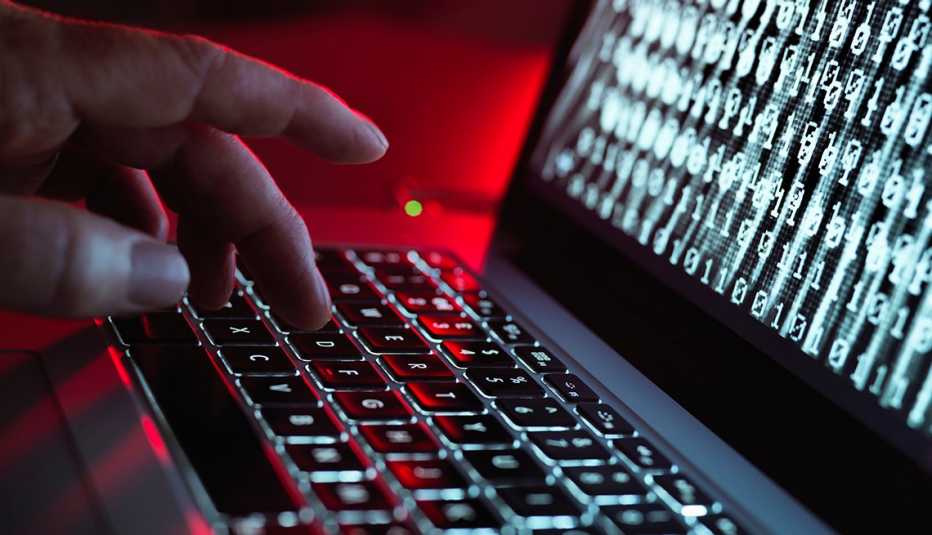AARP Hearing Center


The Justice Department said Wednesday that hundreds of cybercriminals seeking to rip people off during the pandemic have had their websites busted. Some of the phony sites in the crackdown were designed to spoof government programs. Or they purported to be affiliated with public health or humanitarian organizations, including a site falsely claiming to be fundraising for the American Red Cross.
Many sites tried to attract traffic using domain names with words such as “covid19” or “coronavirus.” One top U.S. law enforcement official involved in the crackdown decried such COVID-19 cyberfraud as “nefarious."
The Department of Justice (DOJ) also disclosed it is helping foreign prosecutors take down websites tied to pandemic fraud. Fraudsters lurking behind a fake website posed as a leading Brazilian brewery and purported to be giving out hand sanitizer. Instead, the crooks installed malware on numerous Brazilians’ computers, the DOJ said.
In this case, the state prosecutor in Brazil had been mentored though a DOJ program called International Computer Hacking and Intellectual Property. The state prosecutor asked the site's U.S.-based domain registrar to suspend it and “preserve any account and transactional data linked to the site.”
More actions like that are planned in other regions, the DOJ said.
Gone phishing
As part of the crackdown in the U.S., the FBI identified a number of look-alike computer domain names for the Internal Revenue Service stimulus payment, officials said. The domain names — the web addresses of pages on the internet — are indicative of phishing scams, officials said.
In phishing, a bad actor emails, calls or texts you to trick you into sending cash or disclosing personal information. Or the perpetrator infiltrates your computer to steal money or sensitive data, such as a bank routing number.
More than 3,600 complaints about COVID-19 scams were made to the FBI's Internet Crime Complaint Center as of Tuesday, officials said. Many complaints related to websites advertising fake COVID-19 vaccines and cures — none now exists — or conducting phony charity drives. Other people complained about malware, which is malicious software that disrupts, damages or gains unauthorized access to your computer.




































































